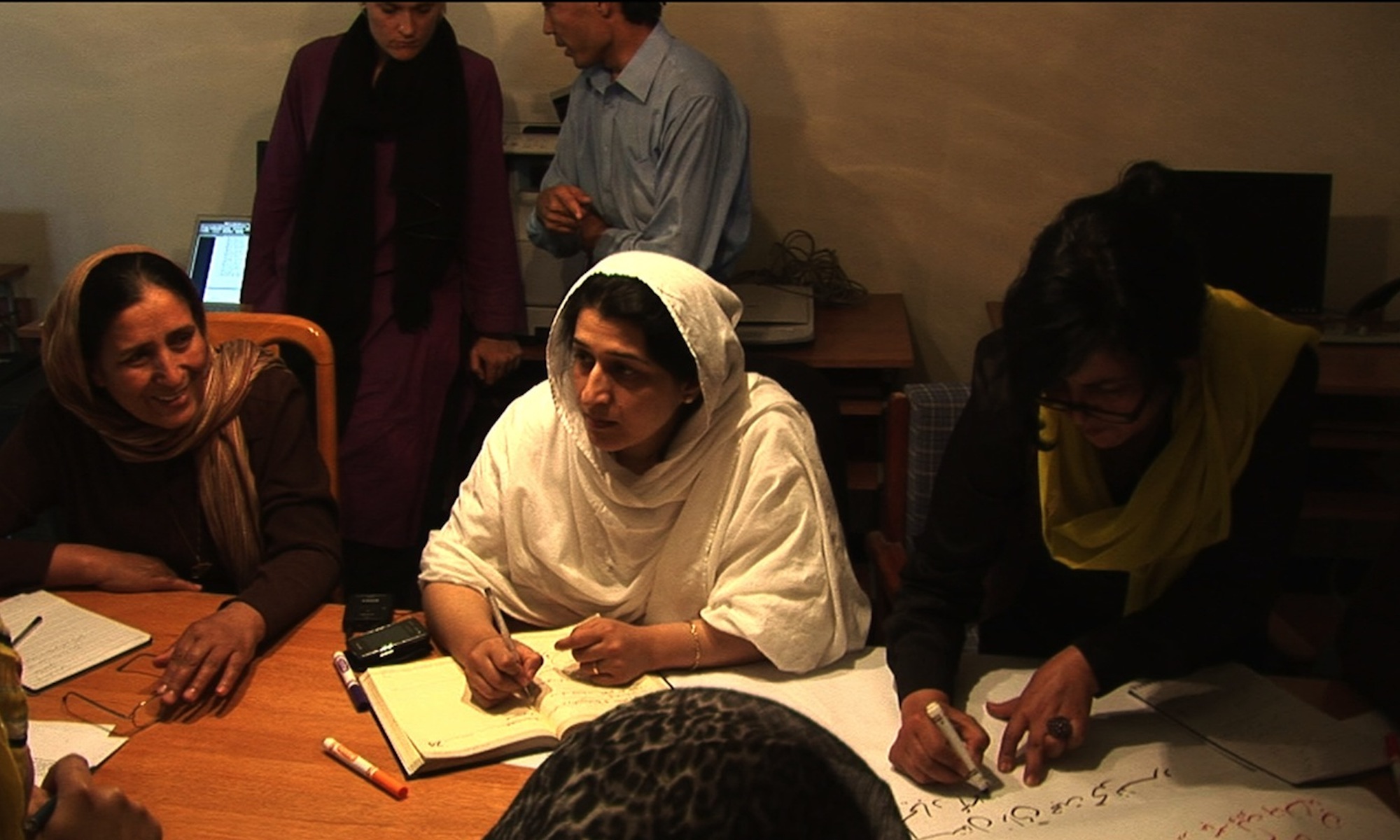The challenge of nation-building, i.e., dealing with the societal and political aftermaths of conflicts and putting new governments and new social compacts into place, has occupied much international energy during the past several decades. As an art, a process, and a set of competencies, it is still very much in an ongoing learning and experimentation phase. The RAND Corporation has contributed to the emerging knowledge base in this domain through a series of studies that have looked at nation-building enterprises led by the United States and others that were led by the United Nations and have examined the experiences gained during the reconstruction of specific sectors. Our study focuses on gender and nation-building. It considers this issue from two aspects: First, it examines gender-specific impacts of conflict and post-conflict and the ways in which events in these contexts may affect women differently than they affect men. Second, it analyzes the role of women in the nation-building process, in terms of both actual current practices, as far as these could be measured and ascertained, and possible outcomes that might occur if these practices were to be modified.

INSCT Postconflict Research Database
The Institute for National Security and Counterterrorism's Postconflict Research Database & Analysis Project stores cross-indexed bibliographic information on hundreds of journal articles, books, book chapters, and case reports that address the broad, interdisciplinary fields of postconflict reconstruction, stabilization, and peacebuilding.